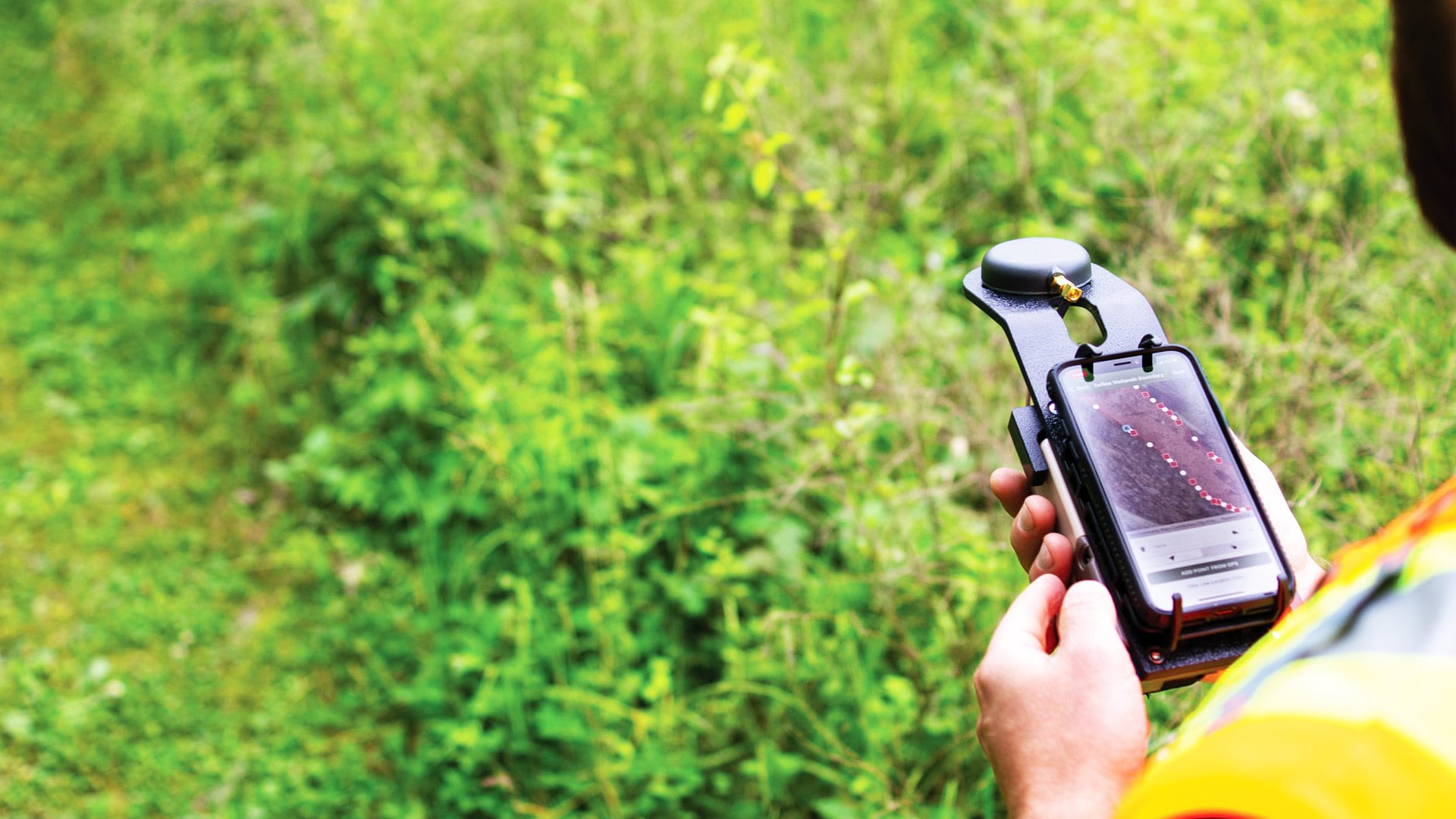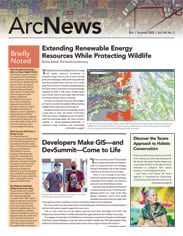Three International Cartographic Association (ICA) commissions met April 20–22 in Madrid, Spain, at the headquarters of the country’s National Geographic Institute for a conference centered on the theme Atlases in Time. Members of the ICA commissions on atlases, toponymy, and map design met in person, with a few participants contributing through an online format. In addition to the ICA and Spain’s National Geographic Institute, the Spanish Society of Cartography, Photogrammetry and Remote Sensing was well represented at the event.
The conference took the form of a plenary session, with presentations given by members of all three commissions. The topics were intermingled to reflect how they all contribute to the conference’s theme. The keynote speech was an excellent talk on the history of the idea of a national atlas. There were also several special presentations about the National Atlas of Spain to mark the Spanish National Geographic Institute’s 150th anniversary.
Joint commission events like this offer participants different experiences, lessons, and revelations that often energize their postconference professional interests. One presentation informed attendees about the impacts that climate change is having on map content. For instance, a hiker might see a glacier labeled on a map but then look out onto a body of water instead of a mass of ice. Transformative changes occurring in different parts of the world can affect map labels and their placement and possibly data classifications.
Another talk spotlighted an educational institution that is designing an atlas to show the influence of its program across space and time. Questions put forward included, How should the institution show information about all its graduates? How should it indicate where they went after finishing the program? and How should it demonstrate the larger impacts that training and support had on the places graduates returned to?
There was also a presentation on the relationship between toponymy and atlases. It focused on how important and complicated it is to transcribe place-names in different languages and scripts. The talk also covered how, when people from the same place say or spell a name differently, that can make this even more challenging.
Another presentation introduced new ways of thinking about the positive role cartography can play in urging the social acceptance of facts. As more data gets created, people’s belief in that data is variable and uncertain. But the visual nature of maps and their ability to depict spatial relationships means that cartography can be an effective tool for encouraging discovery and generating understanding.
Atlases—being collections of maps that tell a story—tend to provoke inquiry, which can help people accept information, facts, and science. As viewers page through an atlas, they actively participate in the stories the maps tell when the scale, symbolization, or entire visualization changes according to the amounts and types of data being presented. This allows map viewers to see cause and effect and note how the same data can produce variable results based on factors such as map design and the presence or absence of certain content.
Atlases don’t treat viewers as simply observers; atlases immerse viewers in a topic and allow them to engage with the content, possibly contribute to it, and look at things from different perspectives. When viewers invest time in examining and manipulating maps, they become vested in the process. They can pursue what-if scenarios and modify cause-and-effect relationships to find out more about a topic. Ideally, this leads to participation; engagement; learning; and, ultimately, increased understanding.
If the concept of a collaborative atlas existed (and I am not sure what this would look like)—or even if viewers could interact with sources that modify the content—then people could share new ideas or different perspectives and, in turn, strengthen their social engagements. Interacting with others who have different views on a particular topic and partaking in healthy debate using an atlas as the mode of communication could have a positive impact on the exchange of ideas. This is an example of how cartography can contribute to the greater good of society.
Looking to the near future, there are two cartographic events happening in 2022 that will bring cartographers and GIScience professionals together. The first is EuroCarto 2022 in Vienna, Austria, and the second is AutoCarto 2022, taking place in Redlands, California.
EuroCarto, which is being sponsored by seven cartographic societies, will meet September 19–21 at the Vienna University of Technology. Various ICA commissions will put on preconference workshops, and a three-day program of presentations and poster sessions will follow. Speakers and participants have been encouraged to cover many topics to offer a diverse program. There will be a special focus on research topics that advance the discipline, including cartography for disaster management, geospatial artificial intelligence (GeoAI) and machine learning, volunteered geographic information (VGI), crowdsourcing and citizen science, and visualization of statistical data. Examples of familiar cartographic topics that will be highlighted at EuroCarto include atlas cartography, geospatial analysis and analytics, map use, spatial data infrastructures, and map design and thematic cartography.
In contrast to the diversity of topics being offered at EuroCarto, the AutoCarto conference is centered on a theme of great current interest, Ethics in Mapping: Integrity, Inclusion, and Empathy. This event, being held November 2–4 at the Esri campus, is sponsored by the Cartography and Geographic Information Society (CaGIS) and serves as the 24th International Research Symposium on Cartography and GIScience. The conversation will revolve around the responsibilities cartographers and mapmakers have for ensuring that a map’s content and design do no harm. The hope is that, in discussing a variety of topics related to this theme, participants can help clarify ethical issues of interest and work toward developing guidance on them for the cartographic and GIScience communities. (See “Advancing Ethics in Mapmaking” for more information on this endeavor.) Examples of topics that will be covered at AutoCarto include accuracy and uncertainty in data, models, and maps; geotracking and social responsibility; the use and misuse of geographic information in social media; digital inequities; and privacy issues related to imagery.
Several organizations are offering various workshops at AutoCarto on a range of cartographic topics as well. For example, one will examine the earth’s surface as a living structure that, at scales ranging from the entire globe to wall ornaments hanging up in interior spaces, makes maps and mapping possible. Another workshop will encourage dialogue on the future of education in cartography and GIS. Still another will focus on how to select and do future research on map projections, given that they are foundational to cartography. A hands-on workshop will show participants how to build ArcGIS StoryMaps and craft wide-reaching narratives about racial equity and diversity. And a joint workshop being put on by two journal publications will share useful information with potential authors and reviewers.
Plans are also under way for the 31st Inter-national Cartographic Conference (ICC) and the 19th General Assembly, being held in Cape Town, South Africa, August 14–18, 2023. The conference theme is Smart Cartography for Sustainable Development. As with all ICCs, it will be an international event that affords a special opportunity for staff of national mapping and geospatial organizations and members of professional societies across Africa to participate in an ICC on the African continent. The local organizing committee is already arranging the program, and more information on the conference will be available soon.


